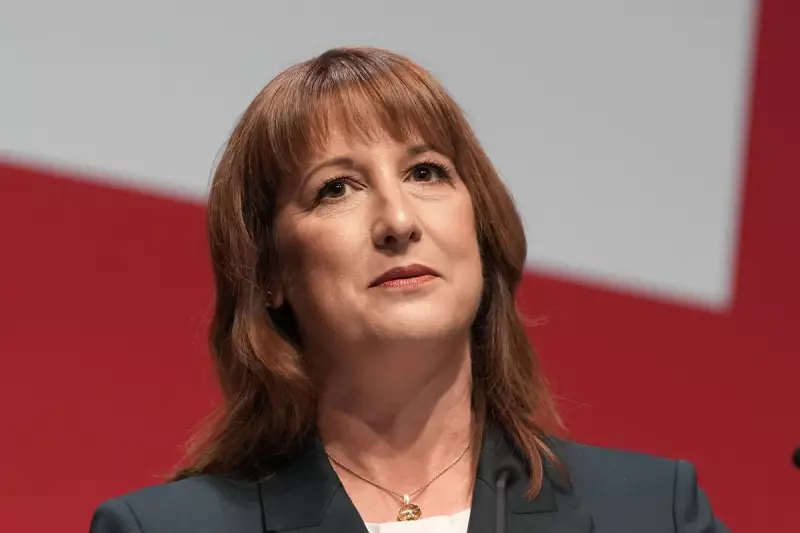
In a significant pre-election announcement, Shadow Chancellor Rachel Reeves has firmly ruled out imposing VAT on private school fees in Labour's first budget, delivering a major clarification on one of the party's most debated policies.
The commitment comes as a strategic move to provide certainty to parents and educational institutions, with Reeves stating unequivocally that the controversial tax measure would not feature in Labour's initial financial statement should they form the next government.
Budget Certainty for Anxious Parents
Speaking with decisive clarity, Reeves addressed the widespread speculation surrounding Labour's education funding plans. "We won't be putting up VAT on private schools in our first budget," she confirmed, adding that while the policy remains part of their longer-term agenda, immediate implementation is off the table.
This announcement provides relief to thousands of families currently navigating school choices, offering temporary reprieve from potential fee increases that many had feared would follow a Labour election victory.
Strategic Positioning Ahead of Election
The shadow chancellor's declaration represents a carefully calculated political manoeuvre, balancing ideological commitment with practical governance considerations. By delaying rather than abandoning the policy entirely, Labour maintains its progressive credentials while avoiding immediate confrontation with middle-class voters.
Political analysts suggest this approach allows Labour to focus their first budget on broader economic recovery measures, while keeping education reform as a future priority rather than an immediate battleground.
Broader Implications for Education Funding
The proposed VAT on private school fees has long been central to Labour's education funding strategy, with the party arguing that additional revenue could significantly boost state education resources. However, critics have consistently warned about potential capacity issues in state schools if private institutions become less affordable.
Reeves' temporary shelving of the policy acknowledges these practical concerns while maintaining the principle that private education should not receive tax advantages unavailable to state schools.
This nuanced position reflects Labour's broader attempt to present itself as both principled and pragmatic ahead of the next general election, seeking to reassure voters across the political spectrum while maintaining core policy objectives.





